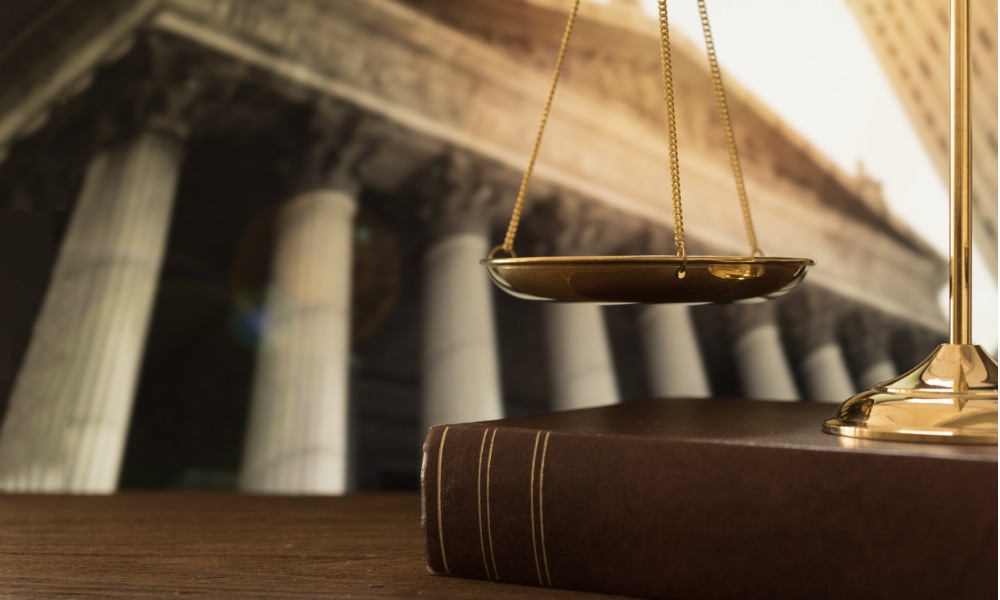
The organisation expresses concern with aspects of the legislation it says conflict with core criminal justice principles

The New Zealand Law Society | Te Kāhui Ture o Aotearoa has rejected the recently proposed Rights for Victims of Insane Offenders Bill.
The bill was first introduced in 2019, and laid out changes to court processes in the event that a defendant’s sanity is in doubt.
“The key change would be that the question of whether the defendant committed the act would need to be considered and recorded, even where they are found to be insane at the time of the offending. This bill would also rename the verdict recorded by courts from ‘not guilty on account of insanity’ to ‘the acts or omissions are proven but the defendant is not criminally responsible on account of insanity’,” the New Zealand government wrote in a summary on the Parliament website.
Under the legislation, victims of insane offenders could under certain circumstances request documentation certifying the offender’s insanity; subsequently, victims could commence communications with the minister on whether an offender should be detained. Victims could also request the mental health review tribunal to review an offender’s state of mind. Victims would also need to be informed if an offender legally certified as insane departed a secure healthcare facility without an escort.
“This bill changes the formal finding of the court to provide victims with the acknowledgment that the offender was proven to have acted grievously, even if they lacked the intent to be guilty of the action,” said Louise Upston, the Parliament member in charge, on the Parliament website.
The Rights for Victims of Insane Offenders Bill is currently before the justice select committee, and the Law Society appeared before the committee to present its submission against the progress of the legislation.
“The intent of the bill is to place all victims on the same footing, regardless of whether or not an offender is determined to be legally insane. However, the Law Society considers the bill would not achieve this,” said Professor Jeremy Finn, the society’s spokesperson. “The Law Society is concerned the proposed changes would in fact create inconsistencies in the way different categories of victims are treated, by potentially providing victims of legally insane offenders with more information and ongoing input than other victims of crime.”
Finn pointed out that basing the proposed amendments on Parole Act provisions is “logically unsound” given the significant difference in the position of paroled offenders and that of offenders “released from treatment following a clinical decision.”
“More concerning were aspects of the bill which unreasonably and unnecessarily limited an offender’s right to privacy, and the scheme of the bill is at odds with some core principles of criminal justice,” Finn said.
The Law Society clarified its support of measures that sought to give crime victims equal treatment and “appropriate access to information and support.” Thus, the organisation suggested that existing definitions in the Victims’ Rights Act 2002 should instead be amended to protect the rights of the victims of legally insane offenders.
If the bill progresses, it should be modified significantly, the Law Society said.